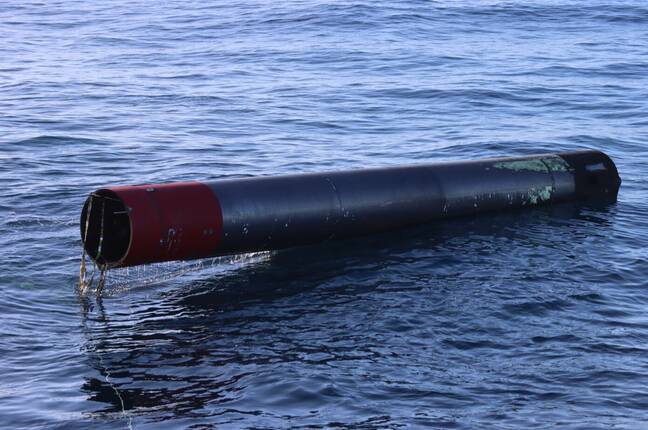Rocket Lab wants to dry off and reuse Electron booster recovered from the ocean
Appears to have given up the idea of catching the component midair with a helicopter
Rocket Lab has successfully launched seven satellites into space and recovered the booster for its Electron rocket from the Pacific Ocean.
After a few days of bad weather, the 18m launch vehicle finally lifted off from Launch Complex 1 in Māhia, New Zealand, at 13:27 NZST on July 17 (01:27 UTC, July 18). The mission, named Baby Come Back, was to send satellite payloads for NASA, Space Flight Laboratory, and Spire Global – and retrieve the first stage of the rocket.
Rocket Lab plans to reuse its booster to make launches cheaper, much like its biggest rival, SpaceX, but has historically had trouble recovering the hardware. Previous attempts, which involved deploying a helicopter to hook the first stage component as it fell back to Earth, have so far failed.
This time, however, boffins let it splash down then recovered it from the Pacific Ocean.
First, after the Electron rocket blasted off to reach an altitude of about 75 kilometers in less than three minutes, it shed the first stage while the second stage, carrying the satellite payloads, continued soaring higher. Next, the booster component started tumbling back to the ground at speeds of more than 9,000 kilometers per hour, heating up to a whopping 2400°C.
Baby Came Back pic.twitter.com/YW8r2qt9pG— Rocket Lab (@RocketLab) July 18, 2023
Eight and a half minutes after lift off, a parachute popped open to slow the first stage down so it could safely land in the ocean. A team then hauled the hardware onto a vessel using a specially designed capture cradle. Rocket Lab will work on analyzing the booster to see how it fared during its flight and descent, and hopes to reuse it for another flight in the future.
- Watch Rocket Lab lift off from US for first time, put radio-sniffing sats into orbit
- Catching a falling rocket with a helicopter more complex than it sounds, says Rocket Lab
- Rocket Lab CEO reflects on company's humble beginnings as a drainpipe
- Rocket Lab to search for signs of life in the clouds of Venus
"We're delighted to have delivered yet another successful Electron mission and would like to thank the teams at Space Flight Laboratory, Spire Global, and NASA, for entrusting us with their innovative science and tech demonstration missions," Peter Beck, Rocket Lab's founder and CEO, beamed in a statement. "With this mission we've made big strides toward reusability with Electron and we are now closer than ever to relaunching a booster for the first time."
The Baby Come Back mission carried seven satellites into space – including four cereal box-sized cubesats built by NASA to test autonomous swarm satellite technology, Telesat's LEO 3 telecommunications satellite manufactured by the Space Flight Laboratory, and two 3U satellites as part of a wider constellation from Spire Global used to forecast weather.
The launch was Rocket Lab's 39th flight with the Electron rocket so far. You can watch a replay of it below.
Last month, the startup announced it had postponed plans for its first private mission to Venus – which was originally scheduled to take place in May 2023 – to some time in 2025. ®

 Biting the hand that feeds IT
Biting the hand that feeds IT